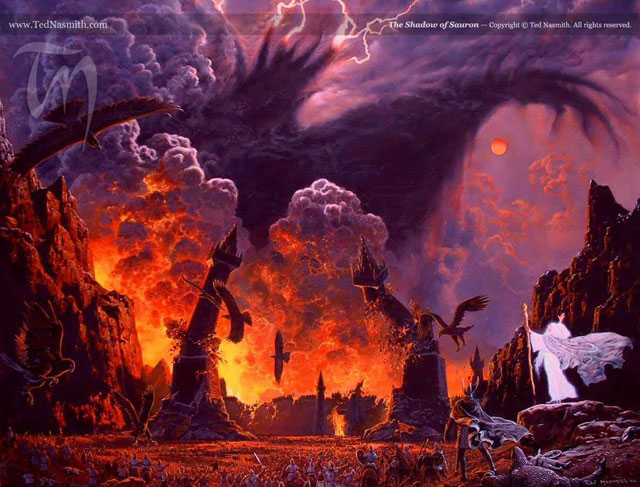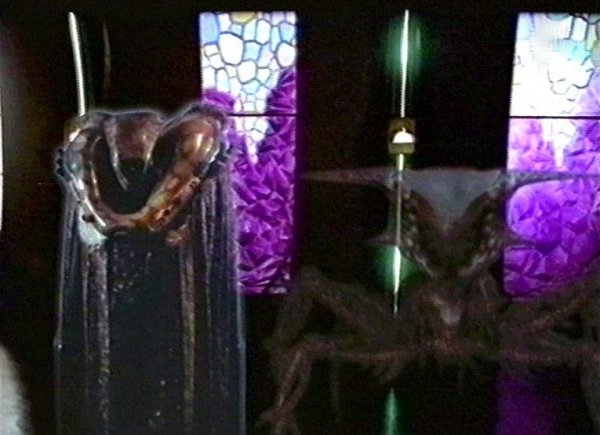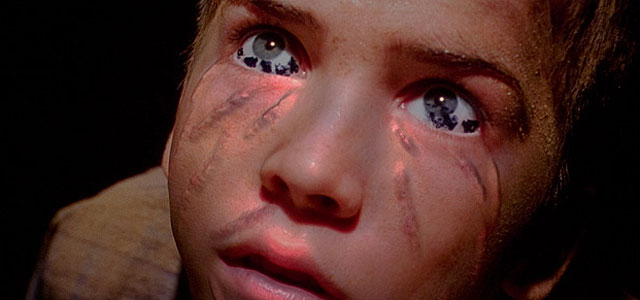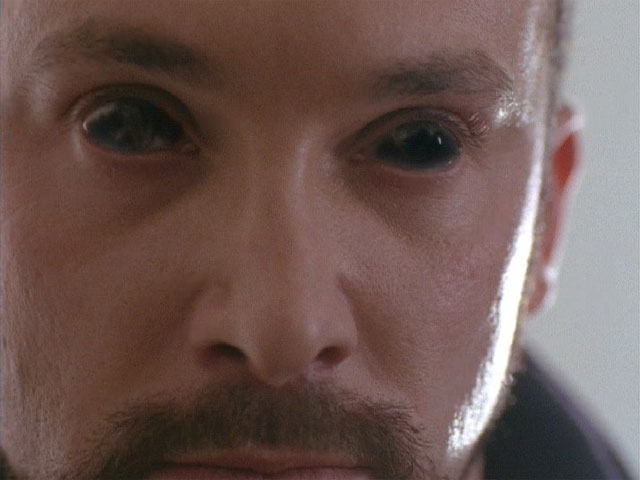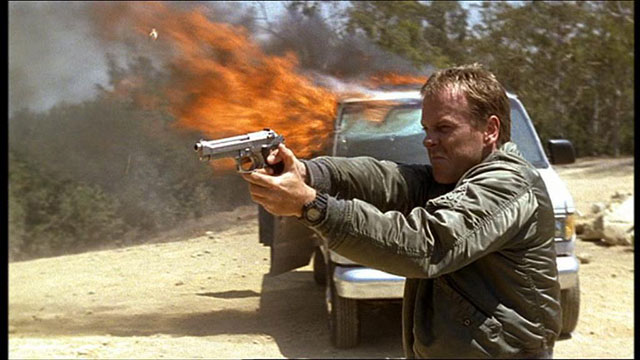I recently sat in on some discussions about world-building. It was geared primarily toward world-building for fantasy and science fiction worlds. When you are creating a totally different world, you have to account for the culture of that alien people. And that means creating a “mythology” of some sort. In fact, that is one thing that most fantasy novels do build in.
Many authors create some sort of apocalyptic confrontation that their story will lead up to, a clash of powerful, almost cosmic, figures.
In cases like that, “mythology” is treated as meaning “stories of gods” or at least god-like beings. So the authors try and create entities and structures that have that sort of significance.
But just throwing in god-like figures who go through the motions of cosmic conflict won’t work if you forget to include meaning in the mixture. The conflict has to have meaning not just to the characters in the story but also to the writer and the audience.
In the science fiction series Babylon 5, J. Michael Straczynski created a cosmic conflict between the alien race the Vorlons and the mysterious race known as the Shadows.
In this clash, the Vorlons represented Order (which most consider to be a “good” force), while the Shadows advocated Chaos (usually considered “evil”). Humans and other space-faring races got caught between the two powerful forces. The point is that the clash has an understandable meaning, not just for the characters in the story. It’s a conflict that makes sense to the audience as well. Which is better: Order and chosing actions that service all or Chaos and each individual looking out for him or herself? We are engaged. It matters to us.
But many series create a “mythology” that engages only the characters in the story. That doesn’t necessarily mean that the stories fail. It just means that the storytellers have to pull it together for the characters.
With The X-Files, various “mythology” elements were introduced that didn’t ever quite connect to a unified whole. There were shape-changers, alien clones of humans, and an “alien oil” that took possession of various characters. But how all these belong together was never entirely made clear.
The storytellers eventually tried to sort it out, but it was a “make-do” type of solution. This undercut any sense of meaning for the audience: it was just an entertaining hodge-podge. The characters behaved as if it made some sort of sense to them and so the audience went along with it.
The meaning of a mythology in storytelling does not have to rely on external powerful figures, however. Aspects that are “fantastical” on a cosmic scale do not have to be the only basis for a story “mythology.” In the series 24, for instance, the “mythology” is centered on the character traits of its main hero, Jack Bauer.
The key in season after season is that Jack is by nature a patriot who will do anything in service of a righteous cause, even to the point of death. An internet joke claimed, “Killing Jack Bauer doesn’t make him dead, it just makes him angry.” This unrelenting steadfastness in the mythology carried audience through many implausabilities. Jack’s determination had meaning to the audience, valuable meaning.
As you construct the world of your story, consider what is important to your central character. Is it family? Patriotism? Truth? Power? Whatever that key element is, it will become the core of the “mythology” for your world. It doesn’t matter if the setting is a fantastical cosmic conflict or the daily life of a family of police officers. The focus of the deepest meaning for your characters will become the heart of the story’s mythology
(The “Shadow of Sauron”, by Ted Nasmith, copyright by Ted Nasmith)

